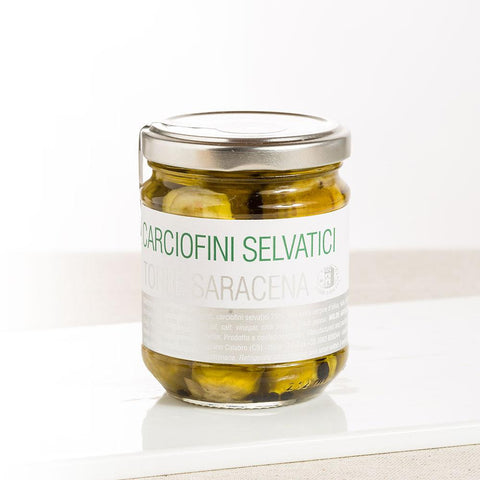Eggs are among the most complete foods that nature offers us. Rich in essential nutrients, they represent a true concentration of health, suitable for all ages. But what exactly are the benefits of eggs and who are they particularly good for?
From children to athletes, from the elderly to those in recovery or who want to strengthen their immune system, eggs can offer concrete benefits. And today, thanks to new methods of breeding and feeding, there are also nutraceutical eggs like our Nu'ovo, the first "Goji and Moringa" egg, which enhance these benefits with natural antioxidants.
Nutritional Benefits of Eggs: What's In Them?
An egg provides about 70–80 kcal and contains high biological value proteins, good fats and a mix of essential vitamins and minerals. Among these:
- Noble proteins: they provide all the essential amino acids, perfect for muscle synthesis.
- Vitamin D: useful for bones and the immune system.
- Choline: essential for the brain, liver and metabolism.
- Lutein and zeaxanthin: antioxidants beneficial for eyes and skin.
- B vitamins: essential for energy and the nervous system.
Let's now delve deeper into the benefits of eggs for different categories of people.
Eggs for Athletes, the Elderly, Children and Convalescents
Athletes: thanks to their high protein content (about 6g per egg), eggs promote muscle reconstruction and post-workout recovery. The presence of leucine, a key amino acid for protein synthesis, makes them ideal after physical effort. In addition, vitamin B12 helps energy metabolism.
Seniors: As we age, muscle mass decreases and the risk of nutritional deficiencies increases. Eggs are easy to chew, digestible, and contain choline and lutein, which help maintain cognitive and visual function. Additionally, vitamin D in the yolk contributes to bone health.
Children: During the growth phase, eggs provide proteins, iron and B vitamins. They are useful for brain and immune development, if introduced gradually into the diet after 12 months, as recommended by pediatricians.
Convalescents: Those recovering from illness or surgery can benefit from the digestibility and nutritional completeness of eggs. Thanks to choline and vitamin A, they support the immune system and tissue regeneration.
For an overview of safety and quantity, also read Is It Safe to Eat Eggs Every Day? and How Many Eggs Per Day.
Additional Benefits: Metabolism, Vision, Brain and Heart
Metabolism: Eggs improve satiety and can help with weight control. An egg-based breakfast, according to a study in the American Journal of Clinical Nutrition, reduces hunger and lowers daily calorie intake.
Vision: Lutein and zeaxanthin, present in the yolk, are carotenoids that accumulate in the retina, protecting it from blue light damage and aging. They are known to prevent macular degeneration and cataracts.
Brain: Choline contributes to the formation of acetylcholine, a neurotransmitter that regulates memory and concentration. Eggs are allies of cognitive function, especially in developmental and elderly age.
Heart: Despite the cholesterol content, numerous studies – such as the one in BMJ – show that there is no direct association between moderate egg consumption and increased cardiovascular risk. In fact, eggs can raise HDL levels (“good” cholesterol). Learn more in Eggs and Cholesterol.
Of course, this is only true if you consume good quality eggs. Eggs from intensive farming may contain fewer micronutrients and more drug residues. Also find out if it is correct to store eggs in the fridge or if it is better to keep them at room temperature.
Nu'ovo is an excellent alternative: free-range chickens, a diet of Goji berries and Moringa Oleifera leaves, and a nutritional profile enriched with antioxidant carotenoids such as zeaxanthin dipalmitate. Perfect for athletes, the elderly, or anyone who wants an extra supply of functional nutrients.
In short, the benefits of eggs are numerous and well documented. The important thing is to consume them in a balanced way, paying attention to the quality and variety of your diet. Including them in your weekly diet is a smart choice to support energy, health and well-being. Learn more in the guide Eggs and Health. If instead you want to know the possible negative effects of eggs, read our dedicated article.




















Comments (0)
There are no comments for this article. Be the first one to leave a message!